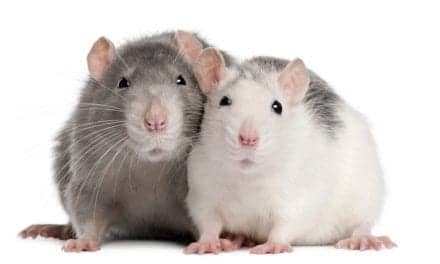With the days getting shorter, fall will soon give way to winter. For some winter is the time of year they experience depression and sleep problems, common signs of seasonal affective disorder (SAD). The American Academy of Sleep Medicine (AASM) is encouraging those who may experience such symptoms to consult with a sleep specialist for an appropriate medical treatment.
“People with depression may have trouble sleeping at night. They often have an excessive level of sleepiness during the day. They also tend to dream more quickly after falling asleep. People with depression can have a hard time coping with struggles in their life. This can lead to a number of social problems,” says David A. Kristo, MD, medical director of the Walter Reed Army Medical Center’s Sleep Disorders Center in Washington, D.C., and a diplomate of the American Board of Sleep Medicine.
Dr. Kristo notes that other common signs of depression include mood changes, constant sadness, a lack of energy and withdrawing from other people.
According to Dr. Kristo, SAD is common during the winter months because of the less amount of sunlight. Sunlight, says Dr. Kristo, signals to your brain that it is time for your body to be awake and alert. During the dark months of winter, your body’s timing is thrown off, resulting in more sleepy and sluggish feelings during the day. The best treatment for SAD is increasing the amount of natural sunlight that you see during the day, says Dr. Kristo.
Several recent studies outline the negative consequences of depression on a person’s sleep:
• The complaint of insomnia is strongly correlated with that of depression and anxiety.
• Depressive symptoms have a strong, graded association with subjective sleep disturbances.
• Insomnia strongly predicts depression development.
• In formerly depressed subjects, poor sleep facilitates recall of neutral material, whereas improved sleep facilitates recall of positive emotional stimuli.
• Depression may be much more common in those with sleep disorders, with its prevalence and severity being greatest in those with psychophysiological insomnia.



